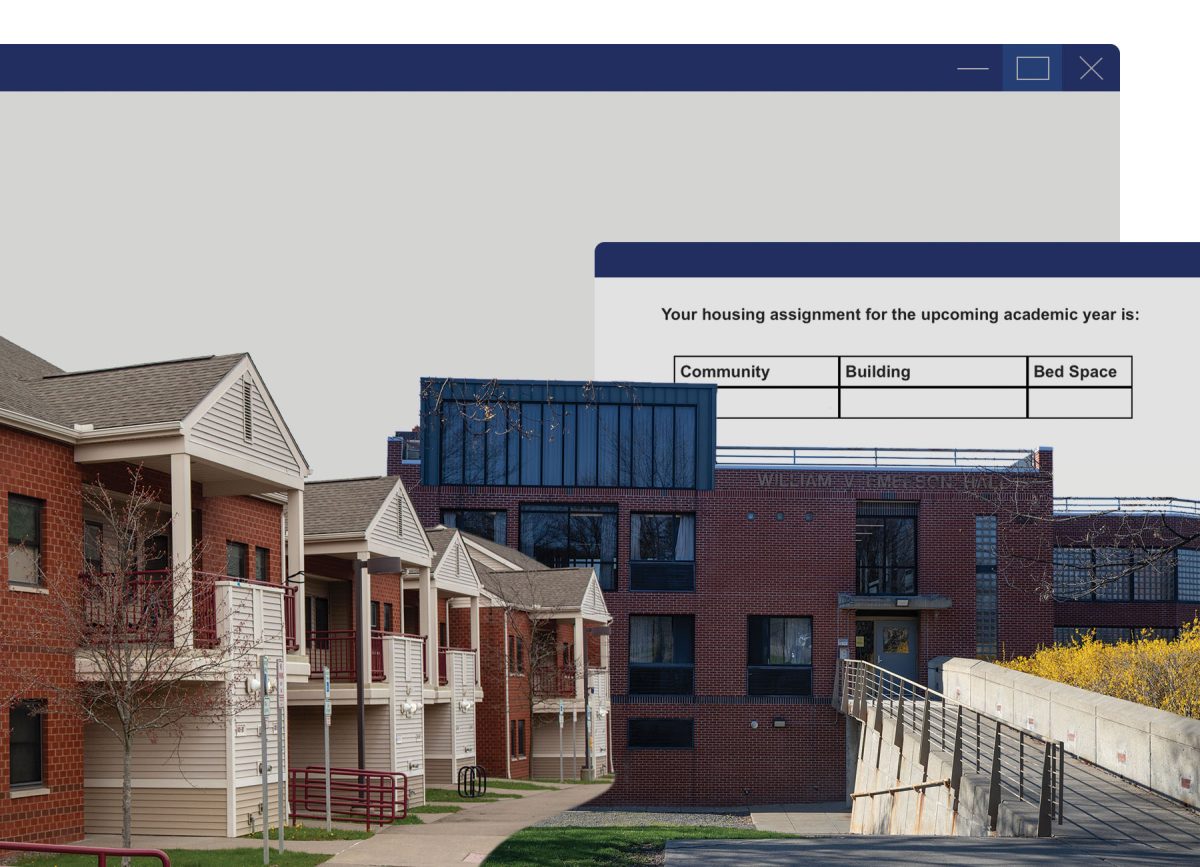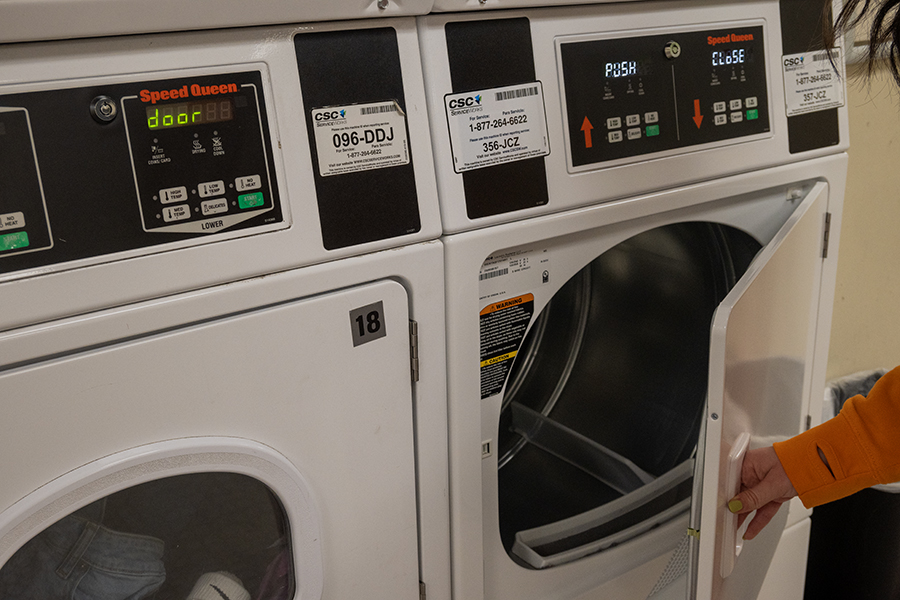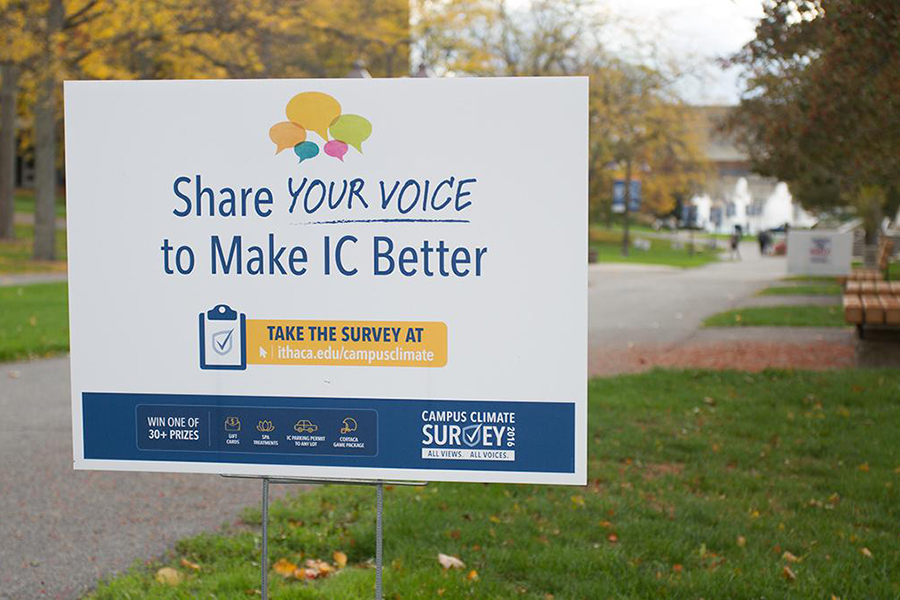Despite the United States Senate’s recent rejection of a bill proposed by Sen. Elizabeth Warren of Massachusetts that would help lower student debt, Warren and other members of the Democratic Party are still actively pushing to lower interest rates for refinancing.
Twenty-five million people with higher student loan interest rates would be able to refinance at the current, lower rate of 4.66 percent, according to Warren’s bill, which was reintroduced Sept. 16 after it failed in the Senate May 6. The purpose was to amend the Higher Education Act of 1965, which intended “to strengthen the educational resources of our colleges and universities and to provide financial assistance for students in postsecondary and higher education.”
Democrat Sen. Chris Murphy of Connecticut said in a Democratic National Committee conference call with student media on Sept. 10 that the average debt for college students, $1 trillion, is more than the total credit card debt in the United States, which stands at $880 billion. As the youngest member of the Senate at 41 years old, Murphy said he is still paying off his student loans in addition to saving up for his children’s college educations. His family is still suffering from the effects of student loans, and Murphy said this issue affects more than just families.
“If we don’t do something to reduce the amount of money students have to take out and reduce the payments when they graduate, not only are they going to cripple those families, cripple those young college graduates, they are going to cripple our economy as well,” he said.
Senior Jonathon Cummings, president of Ithaca College Democrats, said he is disappointed in Senate Republicans after the 56–38 vote. He said he thinks young people are the backbone of America, but rising tuition costs and student debt make it difficult to motivate them to push for change.
“Education seems more like a privilege now as opposed to a right,” Cummings said. “How do you expect people who don’t necessarily afford a college education to be an agent of change or do something?”
Although he said he usually identifies with the more conservative political views, senior Joshua Couce, a member of IC Conservatives, has taken more of a liberal stand on Warren’s bill.
The reason Republicans were against the bill, Couce said, was because of the way it would raise the taxes of those in the top 1 percent of the income bracket in the United States.
“Do we really want to help out the consumers and students that are really going to forward our economy later on, in decades down the road, or do we want to make sure we’re giving the top 1 percent tax breaks and making sure we’re not increasing their taxes so that they can stay as they are?” Couce said. “They’re still going to stay wealthy at the end of the day regardless.”
Mitch McConnell, Senate Minority Leader, a Republican from Kentucky, said to The Hill on Sept. 16 that the hard left is in control of the opposition’s side, so there was no way Warren’s bill would pass with a unanimous vote. Republicans accused Democrats of raising a vote in order to gain attention prior to the midterm election in November, according to The Hill.
Couce said he thinks Democrats are more willing to disperse the wealth in a way that invests in future generations. Moving the wealth down the socioeconomic rankings will help put more money back into the economy in the long-run, he said.
Part of the problem of young people not having as much of a voice in politics, Murphy said, is because they themselves aren’t staying active and going out to vote. During the 2012 presidential election, about 70 percent of citizens ages 65 and older voted, whereas only 38 percent of people ages 18 to 24 voted, according to the United States Census Bureau.
To get more of the students’ voices heard, Cummings said, he encourages college students to be more active in politics and at least stay up-to-date with government actions, especially ones that directly affect them. He said he was disappointed to learn that many college students he talked to had no idea about Warren’s bill to reduce student loan interest rates.
Murphy said he doesn’t think it’s unreasonable to ask the wealthy to help others who are not as well off, especially in terms of funding education.
“You don’t get to have a fair shot at success in this country if you can’t afford to pay back your loans.”






